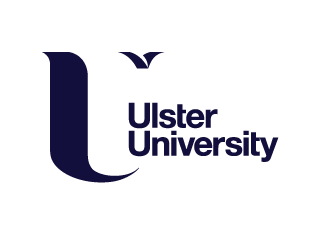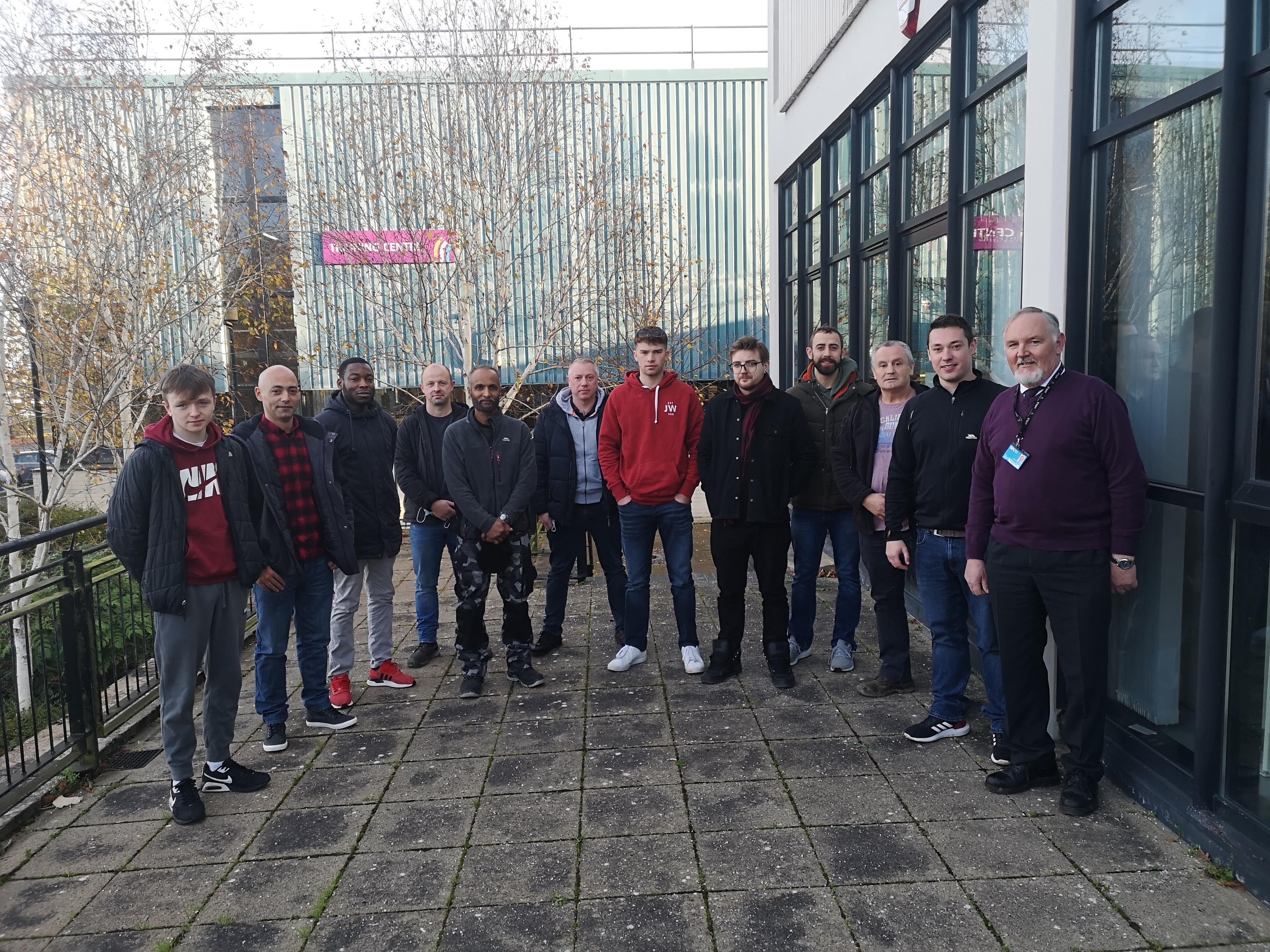Remember when evidence in legal cases used to arrive in big, brown bankers’ boxes? No longer: now it comes in multi-sheet data sets for analysis and interrogation. But how can we expect legal graduates to have not only the legal expertise to use this data but also the tech skills to interpret millions of data points quickly and accurately? And how can practitioners with more experience in the legal sector keep up with changing tech trends and technological advancements?
Ulster University’ Legal Innovation Centre, in partnership with legal and tech leaders in Northern Ireland, has come up with the solution to build the law graduate of the future that employers need: a new, and first of its kind programme in Ireland or the UK: LLM/MSc Corporate Law, Computing and Innovation.
This novel course, based at the state-of-the-art, enhanced Belfast Campus, is uniquely designed as 50% computer science and 50% corporate, financial and tech law, with the Schools of Law and Computing, Engineering and Intelligent Systems collaborating under one umbrella, for the first time. This allows for the development of a truly multidisciplinary graduate: a tech-savvy lawyer or a computer science graduate who has a unique appreciation of legal and financial services.
This is a course which has truly been designed hand in glove with industry employers – their support has been three-fold: in provision of placements and ultimately, employment for students, in sharing of knowledge via guest lectures from international industry leaders and in prizes for outstanding performers. Multi-national corporate partners (many on the Advisory Board of the Legal Innovation Centre) have offered support, in one form or another, including: Citi, Allen & Overy, Baker McKenzie, Herbert Smith Freehills, A&L Goodbody, Pinsent Masons, Factor Law, Allstate, iManage RAVN, Thomson Reuters, HNH, Davidson McDonnell, Grant Thornton, KPMG, Deloitte, EY and PWC.
Citi has been one of the very generous supporters of the programme, sharing insights on the ‘ideal graduate’ needed in order to shape the course, providing two 11-month fully paid placements for students, a prize fund of £7,000 for extraordinary students and guest lecturers from thought leaders: Citi’s eminent expert on Smart Contracts lectured all the way from San Francisco. While Allen & Overy welcomed a student on an 11 month placement and offered one prize-winning student the opportunity to spend a week in their i2 (Innovation) lab.
Stephen Bartlett, EMEA Regional General Counsel & Global Co-Head Markets and Securities Services Legal, Citi, said: “The delivery of legal services is evolving quickly, and depends increasingly on the overlapping disciplines of data science. Ulster University’s new ‘Corporate Law, Computing and Innovation’ course is an exciting opportunity to acquire the practical knowledge and skills that are much in demand, as legal practices of all types equip themselves with the resources they need to support markets, commerce and society in the new data-centric era.”
Modules include corporate law, derivatives and financial markets, technology and internet law, professional software development, data science and business intelligence. In fact, the Legal Innovation Centre is currently working with A&L Goodbody’s litigation team, Grant Thornton’s e-Discovery team, members of the bar counsel, judiciary and international online litigation experts to develop a new cutting-edge ‘Innovation in Commercial Litigation Module’, reflecting the rapid pace of developments in machine learning technology tools and online litigation.
Skills and knowledge gained from these modules mean graduates learn computing, data science and business intelligence principles and how to apply to them to legal practice, consulting, banking, and professional services. They also receive instruction from experienced lawyers across corporate law, finance and derivatives, intellectual property, technology and internet law, artificial intelligence and machine learning. They develop the toolkit to work within project teams across multiple disciplines essential to contemporary business.
The pioneering, innovative and creative graduates of the course have a range of career opportunities which they can pursue, including: law, banking, technology and financial services. Full time or part time, they can also choose to exit the course with an MSc, LLM, Diploma or Postgraduate Certificate or some of those already in a profession may choose to join to upskill in a specific module.
In any case, they are eminently employable and in high demand in the burgeoning NI legal and tech sectors which are now home to legal, financial and tech firms working on global stage with our local graduates. Due to their unique combination of skills and knowledge, they stand out from other graduates and are not only prepared for today’s technology-focused corporate world but can push it forward.
Damien McCann, a student on the course commented: “First class placement opportunities provided by this course allow me to network with the best businesses in Belfast as well as making myself and my abilities known. Completing this course will help aid my career aspirations by giving me the necessary skills to succeed in today’s high tech environment.”
The course, which is just concluding its very successful pilot year has welcomed law, computer science, business or related undergraduates, as well as practitioners in industry who want to upskill. All of the graduates have successfully secured placements or employment. The course has been so popular with industry leaders that modules are been rolled out as training courses for NI firms, for example Allen & Overy sent 12 team members to study the legal and technology module as a short course.
Jane Hollway, Director of the Ulster University Legal Innovation Centre, said: “Unquestionably the application of AI-based disruptive technology is transforming legal services delivery. Lawyers are operating in this dramatically changed landscape and with that comes the demand for the multidisciplinary lawyer. Firms are seeking lawyers and professionals with computing skills or computing technologists with corporate skills – the ‘unicorn’ graduate. Aligned with this, tech graduates with an understanding of corporate and financial landscape are highly sought after. The input of our international leaders in industry makes the course highly practical and our graduates, highly employable and future-proofed in terms of their skillset.”
Angela Clist, Partner, Head of Legal Services Centre, Belfast, Allen & Overy LLP, added: “Allen & Overy is a significant employer of law graduates in Northern Ireland and is supportive of the new LLM/MSc law and technology masters programme. We are increasingly interested in employing graduates with multi-disciplinary skill-sets, particularly those with legal technology and computing backgrounds.”
Joanna Robinson, Partner, Pinsent Masons, commented: “The lawyers of tomorrow will need to be tech-savvy. Pinsent Masons are increasingly committed to employing graduates with multi-disciplinary skillsets. We are excited by this ground-breaking initiative from our partners in the Legal Innovation Centre.”



